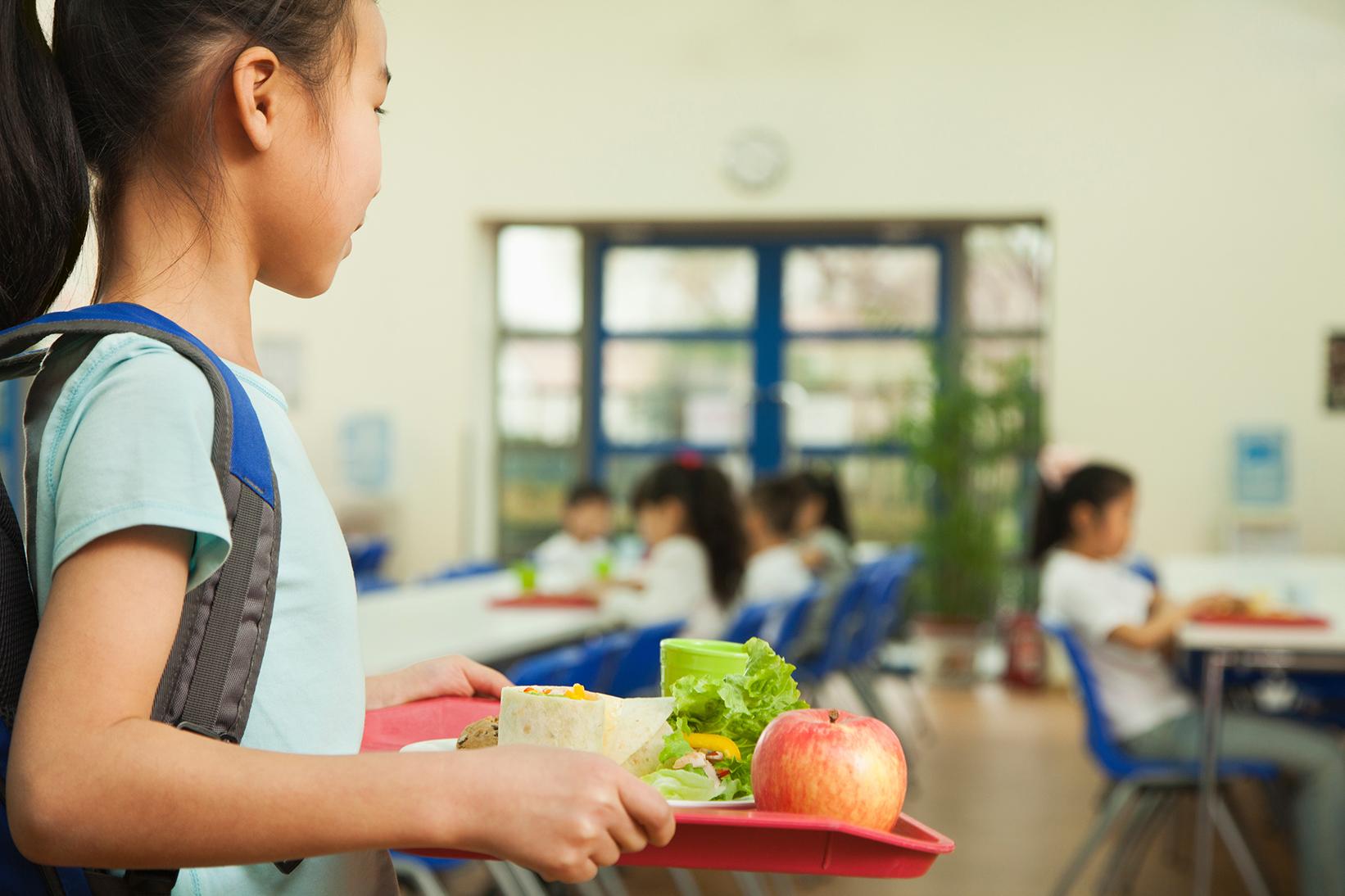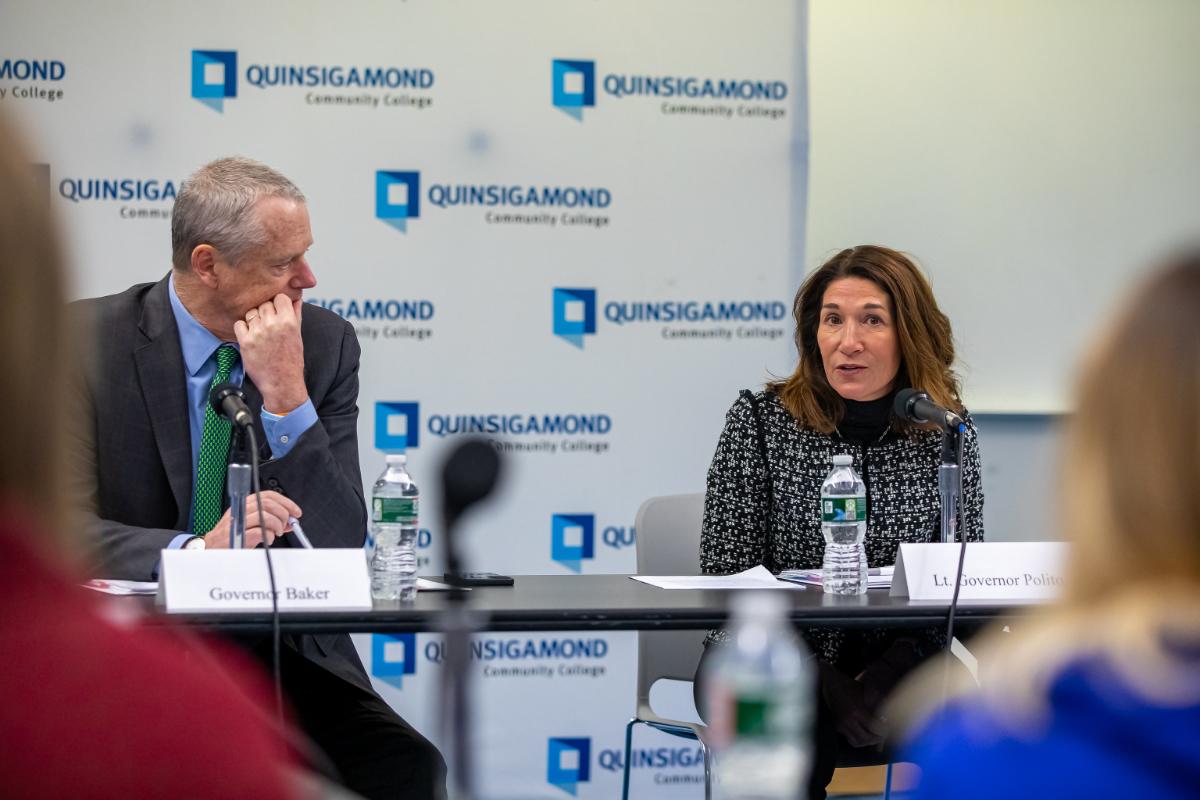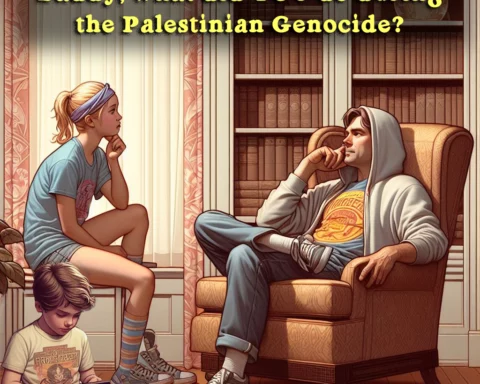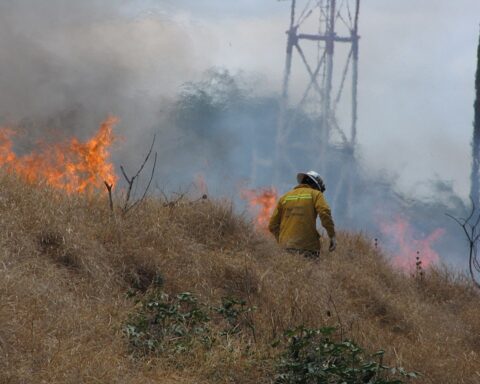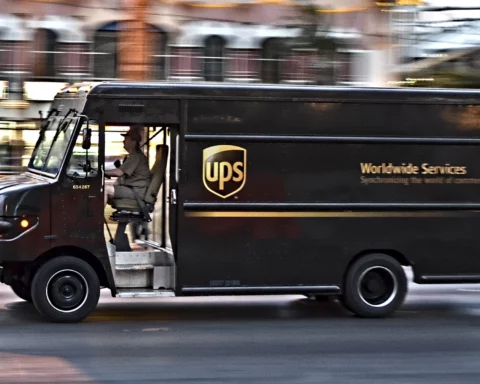I read the superintendent’s message about you resuming normal cafeteria dining this week. I read it and tears rolled down my cheeks, and I couldn’t pinpoint, at first, what made them rise so. I’m happy for you K through Twelvers. I am. Some students will continue to mask, for reasons of their own, and I hope you’ll all demonstrate the compassion your generation was known for even before this living hell that’s been the Pandemic.
I thought maybe a surge of happiness caused my tears — your return to communal eating comes at nearly exactly the two-year anniversary of the day you clambered about buses and rode home with the nearly unprecedented message that disease had granted you a break, probably for two weeks, from in-person learning. Just a couple of weeks to let this thing blow by and you’d be back and you’d all talk about how “that was so messed up wasn’t it?”
But in-person learning didn’t return. In fact, the lack of it is why we have that phrase, which didn’t really exist for most people before March, 2020. Just like social distancing. And pool testing. And pandemic pods. And a handful of other semantic demons loosed upon our culture. You rode home in cars or buses when the bell rang, sounding a transition not from class to class or the school day to freedom, but from normalcy to a surrealism, the stuff of sci-fi movies.
And we, the grown-ups in your world, tried to act like everything was under control — you’d still be under control, the virus would be brought under control, we’d keep ourselves under control. And every shred of that narrative was hogwash. You, being sharp-minded youth, saw through us by the end of the school year. Probably much sooner. You took note of our failings. You heard our fearful conversations in the kitchen late at night. You observed, with or without judgement, as we binge ate, ratcheted up our drinking to dangerous levels, lapsed in personal hygiene routines, succumbed to debilitating depression, lied to our bosses about why would couldn’t go into work, or let you get away with previously forbidden behavior until you became nervous that it was beginning to look kinda like, actually, nobody was at the freaking wheel.
For the most part, we adults tried to corral you and drive you through this or that new response to the crisis (it’s “At-Home Learning!” No, it’s “Hybrid Learning!” No, wait, it’s “Let’s Split the Student Body Into Groups A and B Who Will Probably Infect Each Other Anyway Learning,” annnd the “Follow the CDC Guidelines Unless We Can’t and Pretend Not to Notice the Infectious Irony Learning,” all the way back home to “97% of Us Are Doing In-Person Schooling, Soooo, Maybe Don’t Make Us Spend Resources to Accommodate Your Family’s Paranoia Learning?” What did you kids do in response? As best you could, you put up with it. You pivoted and morphed and shifted and gave us chance after chance to engineer solutions that at least maintained our appearance of deserved authority.
Because of your combined flexibility and fortitude, now that Monday is, for students in the Mount Greylock Regional School District, and districts all over the Commonwealth, officially Back to Normal Day, I think one sentiment, absent too often from the conversation, needs to be expressed:
Thank you, children.
Thank you for what trust you felt you could justify extending to us. Thank you for mustering the courage and strength to go along with all our Pandemic responses, however stupid some of them look in the rearview mirror. Thank you for getting back up after your courage and strength failed you. And thank you, most of all, for your forgiveness when we failed you — educationally, emotionally, parentally, societally.
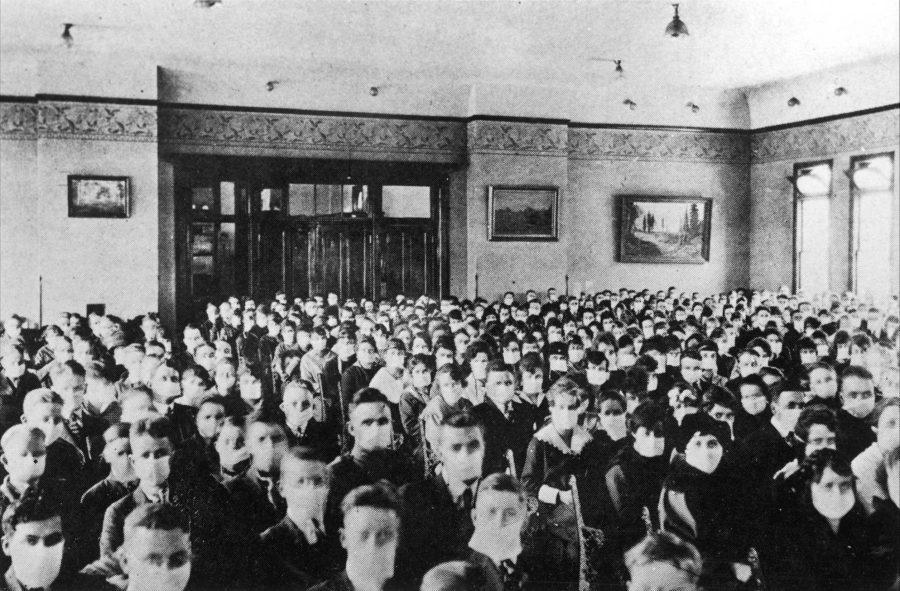
We adults — parents, adults, community leaders, health professionals — watched in horror as COVID-19 turned reality inside out, brought out some of the best and worst in humanity, and inexorably altered the very description of childhood. You spent two years apart from friends or not making new friends. You missed class trips and field trips. You missed dances and proms and playground equipment and after school activities. You missed graduations. You’d heard all your lives that you should spend no more than two hours a day looking at screens, and then we told you to plop your fannies down in chairs at home for seven and a half grueling hours of Zoom classes five days a week. How could we then tell you, “No…no video games or TV for you — you’ve spent enough hours in front of that monitor!” We watched and prayed that your youthful minds really would be as resilient as history and conventional wisdom suggests. Because you were watching us, and I’m pretty sure you were all pretty quick to pick up on how impotent we really were in the face of pestilence.
The burden you’ve had to bear is not without precedent, of course. Masses of children have borne the scars of catastrophic pandemics throughout history. You have been asked to shoulder impossible burdens, such as crossing great oceans of water in rat infested ships and oceans of earth in wagons, on pack animals, and on foot. Thousands of you, specifically because of your innocence and vulnerability were sent thousands of miles, on foot and unarmed, to reclaim Jerusalem from the Kingdom of Acre. You have suffered hunger and homelessness during the Great Depression and other economic disasters. And, of course, in war after war after war for countless ages up to this very damned day, you have been the victims of violence, both incidental and intentional.
So what was different about this crisis? Why do I feel such a swell of sorrow and loss for you, the young born after 2004? It has taken me almost two years to pinpoint the source of wretchedness that pains me for you. Until 2020, all the tragedies taking vicious tolls primarily on kids were episodes you read about in history books. All taking place in eras when society just didn’t have the answers — we didn’t have the science to stave off the misery. We adults, at least for the last few decades, have been able to reassure you, maybe even reassure ourselves that we could protect you. COVID-19 showed that we were not up to the task. Not as a nation. Not as a civilization. Even if we had the technology, which is a question worth asking another day, we did not have our collective act together. Our leaders were impotent. Our institutions fell into disarray almost immediately. And, as individuals, we adults, your parents and caretakers, your teachers and principals and superintendents, had to make decisions without the benefit even of knowing what sorts of consequences lurked should we choose unwisely. And we tried to put on a brave face for you. We tried to hold our own business together and give you faith that your world would be recognizable again.
I believe, with a few unfortunate and painful exceptions, that as individuals, the adults in your lives did manage to pull through, to make sure that the crisis stayed mostly at the level of surreal. But we didn’t come through half as well as you did.
I know you endured a lot of loneliness due to different types of isolation. Depression has been bad for many children and adults alike. And you have lost, sadly, any chance of reaching adulthood with the confidence that Earth is a gentle planet (not that the climate catastrophe you’re being saddled with has escaped your notice). But I hear laughter out front when I pick up my kids from school. I see friend groups congregating on sidewalks in the villages and downtowns all over the county. Theatre and sports and all sorts of activities have come roaring back, and most of you seem to have retained the enthusiasm and courage to participate again. I see strong evidence that the past two years could not beat your generation down. And that’s why I felt so moved to write to you and to offer my gratitude.
Thank you for your resilience and optimism. Thank you for your grit in the face of true danger. Thank you for the determination you showed as you struggled to maintain your own order in your studies and in your social lives. Thank you for not falling victim to a permanent emotional and psychological paralysis that would be totally understandable and forgivable. I know that it gripped me — often — and it was all I could do to break free. Most importantly, thank you for preserving your kindness and compassion throughout this numbing event in history — it would be so easy for you, at your age, to given in to bitterness and cynicism and apathy. Again, if you got drenched by waves of them from time to time, no biggie. You dried yourself off and kept going.
I don’t know if anyone in your own life has come out and offered you thanks. Maybe it would feel kinda weird if they did, I don’t know. But I want you know that my gratitude is bottomless. I have hope for the future because of your strength. And I want you to be absolutely sure that if I am alone in my thanks, I am NOT alone in my efforts to do my part to ensure that this cluster-fumble of a health disaster won’t, and can’t, happen again. I sense that adults (including some of you soon) will be demanding greater and greater accountability from the leaders and institutions responsible for keeping us safe. That’s with future potential pandemics as well as climate change, a more equitable society, and safer streets, schools, food, and living spaces.
I may be a touch naïve, but I believe we are, as a people, capable of restoring the positive connotations of the phrase “the grown-ups in the room,” which, frankly lost some of its luster lately. We owe you, dearest, dearest children, so much more than you’ve asked for — it’s heartbreaking. I’m making it my personal mission to match my thanks with action and restore as much of what was lost these last two years to you as possible. You deserve that and more.
Your grown-up friend and fan,
Jay Velázquez



